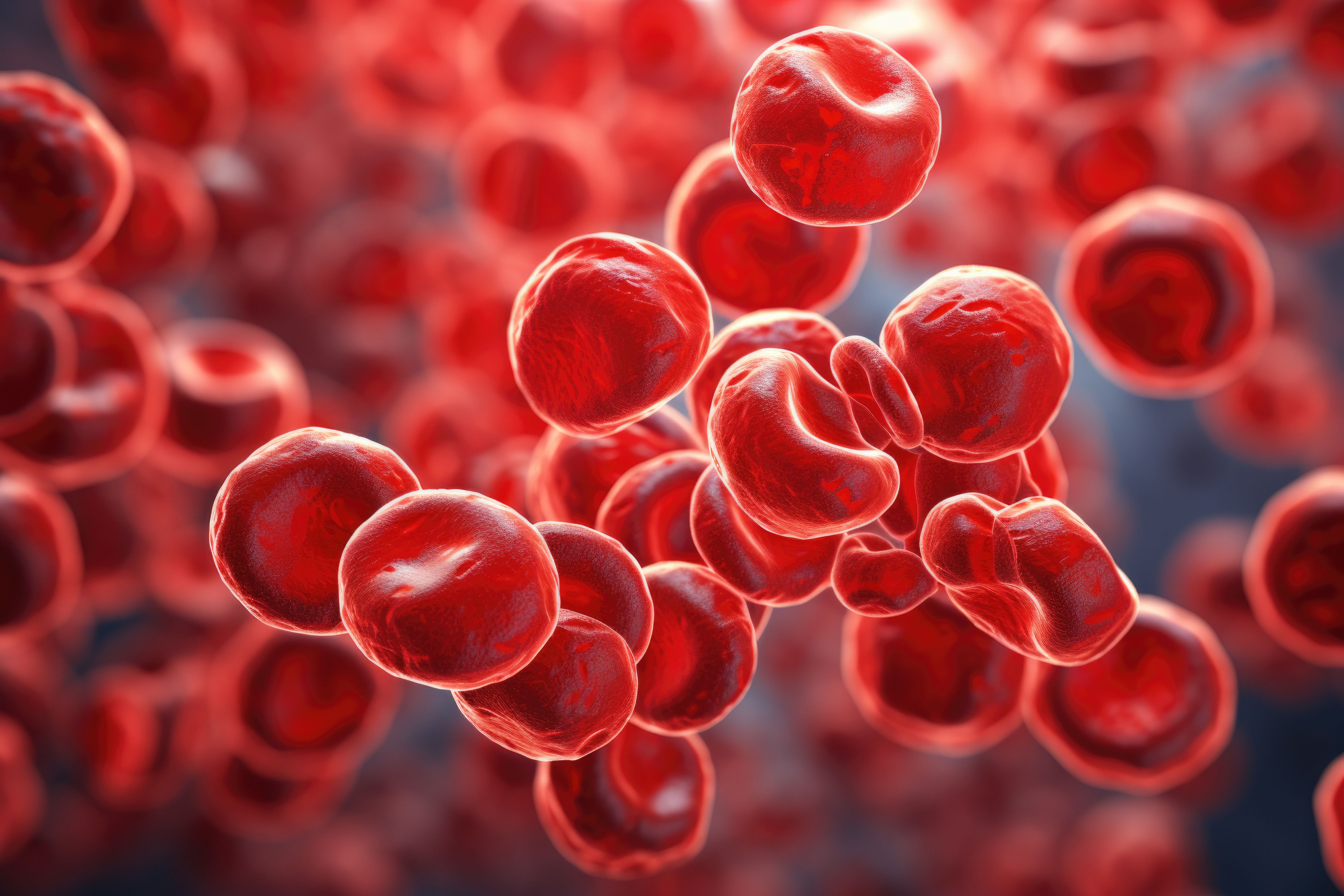FDA Clears IND Application for SynKIR-310 Trial in R/R B-NHL
With the FDA clearance of an investigational new drug application for SynKIR-310, a phase 1 trial evaluating the agent in relapsed/refractory B-cell non-Hodgkin lymphomas will begin.

- The FDA has cleared an investigational new drug (IND) application for SynKIR-310.
- With this clearance, a phase 1 clinical trial evaluating SynKIR-310 for the treatment of patients with relapsed/refractory B-cell non-Hodgkin lymphomas (B-NHL) may proceed.
- The phase 1 CELESTIAL-301 trial plans to begin in the second half of 2024.
The FDA has granted clearance to an IND application for SynKIR-310, and a phase 1 trial will evaluate the agent for the treatment of patients with relapsed/refractory B-NHL, including diffuse large B-cell lymphoma, follicular lymphoma, mantle cell lymphoma, and marginal zone lymphoma.1
"Verismo Therapeutics is uniquely positioned with SynKIR™-310 to address the significant challenges in treating relapsed/refractory B-cell NHL. This includes cases where patients have relapsed after receiving approved [chimeric antigen receptor (CAR)] T therapies," said Laura Johnson, PhD, chief scientific officer of Verismo Therapeutics, in a press release.
SynKIR-310 relies on DS191, which is a proprietary CD19 binder specifically made for the KIR-CAR platform technology to enable treatment of B-cell associated disorders and malignancies. The agent is being developed by Verismo Therapeutics.
Blood cancer cells under the microscope: © stock_acc - stock.adobe.com

Like commercially approved CAR T-cell therapies, SynKIR-310 is directed by DS191 to target a similar epitope of CD19. However, SynKIR-310 has an added potential to prolong antitumor T-cell function and persistence.
"The SynKIR-310 technology is designed to enhance the antitumor activity and extend the efficacy of T cells. This could potentially improve persistence and prevent early disease relapse in patients with aggressive lymphomas. SynKIR™-310 could be especially beneficial for patients that relapsed after previous infusions of CAR T cell therapies," added Johnson.
CELESTIAL-301 is the company's second study investigating the KIR-CAR platform technology. The phase 1 trial plans to evaluate the safety, tolerability, and preliminary efficacy of SynKIR-310 in patients with relapsed/refractory NHL.
Patients previously treated with CAR T-cell therapy will be included in the study if they have since relapsed or become refractory to it. Patients who never received CAR T-cell therapy also will be included.
The CELESTIAL-301 trial is expected to begin in the second half of 2024.
In addition to SynKIR-310, the company is also evaluating SynKIR-110 in a phase 1 clinical trial titled STAR-101 (NCT05568680).2 This trial is assessing the agent at 2 sites, and there are plans to open additional sites in 2024.
REFERENCES:
1. Verismo Therapeutics receives IND clearance from the FDA for SynKIR™-310 in relapsed/refractory B-cell NHL. News release. Verismo Therapeutics. May 14, 2024. Accessed May 14, 2024. https://tinyurl.com/2pctdrte
2. Verismo Therapeutics secures fast track designation from the U.S. food and drug administration (FDA) for SynKIR-110. News release. Verismo Therapeutics. April 5, 2023. Accessed May 14, 2024. https://prn.to/3UjcFij
Examining the Non-Hodgkin Lymphoma Treatment Paradigm
July 15th 2022In season 3, episode 6 of Targeted Talks, Yazan Samhouri, MD, discusses the exciting new agents for the treatment of non-Hodgkin lymphoma, the clinical trials that support their use, and hopes for the future of treatment.
Listen
Later-Line CD19 and Bispecific Therapies Considered After CAR T
October 1st 2024During a Case-Based Roundtable® event, Christopher Maisel, MD, discussed third- and fourth-line therapy and barriers to bispecific therapy use in diffuse large B-cell lymphoma in the second article of a 2-part series.
Read More